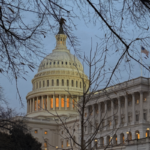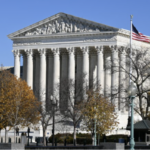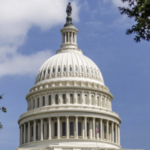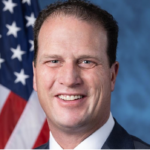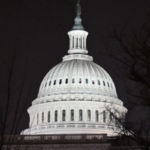The IRS announced this week that churches endorsing political candidates during religious services should not risk losing their tax-exempt status. The controversial decision marks a significant shift in the interpretation of the Johnson Amendment.
The announcement came through a joint court filing between the IRS and the National Religious Broadcasters Association, an evangelical media consortium, to end ongoing litigation in Texas.
The plaintiffs had sued the IRS last August, claiming the Johnson Amendment violated their First Amendment rights to free speech and religious exercise.
The Johnson Amendment, named after then-Senator Lyndon B. Johnson (D), prohibits tax-exempt organizations, including churches, from endorsing or opposing political candidates. However, the new filing urges courts to interpret the amendment narrowly, stating it "does not reach communications from a house of worship to its congregation in connection with religious services...on matters of faith."
The IRS has maintained a hands-off approach regarding the Johnson Amendment when it comes to political speech from religious institutions, but this week’s filing effectively puts that leniency into writing.
Nonprofit law experts told The New York Times, who first reported on the issue, that the move could open the door to more overt political advocacy in churches, a concern for those who view the amendment as a guardrail separating church and state.
The policy shift echoes President Donald Trump’s (R) 2017 executive order directing the Treasury Department not to enforce the Johnson Amendment. “I will get rid of and totally destroy the Johnson Amendment,” President Trump said at a National Prayer Breakfast in 2017.
While the ruling is expected to draw major backlash, Republicans are already coming out in support.
On social media, state Rep. Nate Schatzline (R) calling it was a “WIN for religious liberty,” writing, “the separation of Church and State was intended to keep the State out of the Church, it was NEVER intended to silence the Church from being civically engaged!”
The separation of Church and State was intended to keep the State out of the Church, it was NEVER intended to silence the Church from being civically engaged!
What a WIN for religious liberty! 🇺🇸 pic.twitter.com/kefF4IL3Y3
— Nate Schatzline (@NateSchatzline) July 8, 2025



